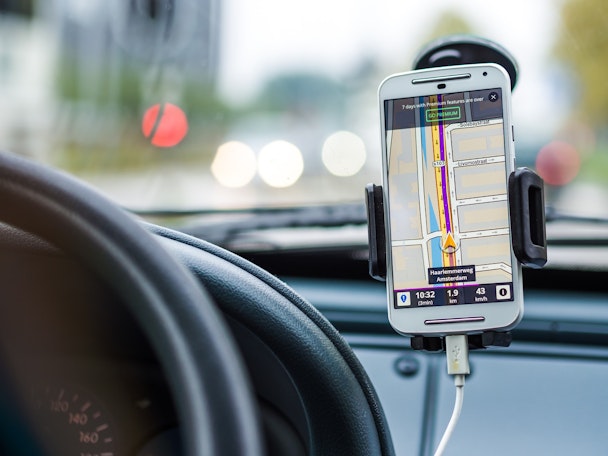We carried out a digital detox – and all it did was remind us digital is everywhere
Last week, we conducted an experiment. We challenged everyone in the agency to give up their mobile phone for 24 hours. Could an office full of digital natives survive in the urban jungle without their precious smartphones?

The first problem was getting people to take the plunge. “I could easily live without my phone,” was a typical response... “Just not today.”
Of the people that we did manage to persuade to participate, there were no huge surprises. They felt disconnected, discombobulated and anxious. Several confessed to cheating, using a tablet or a back-up phone to sneak a peek at Twitter or get a Facebook fix.
In fact, our experiment chimed perfectly with the findings of the latest Ofcom Report on the Communications Market, which found that 59 per cent of internet users said they were ‘hooked’, while nearly half (47 per cent) reported that they feel lost when they can’t get online.
“Internet addiction” and “digital detox” make for nice headlines, and the Ofcom report received widespread media coverage. But digging a bit further into the feedback from our guinea pigs reveals a more interesting insight.
Because without their mobile phones, some people struggled with the basics of day-to-day existence. They couldn’t pay for the bus, because their phone has replaced their Oyster card. They couldn’t get a cab, because a cab means an Uber. They couldn’t order dinner without Just Eat, or watch TV without streaming Netflix from their mobile. One of our account directors had to wait for her boyfriend to return home to turn the heating on, as their connected home depends entirely on the phone as a control panel.
All of which hints at a bigger issue in the way that we think about technology. Ofcom reports Internet and Online Content as a category alongside TV, Radio, Telecoms and Post. The latest Ofcom survey still asks people how many times they ‘access the internet’ each day (more than 50 times, according to 11 per cent of us).
But as technology and connectivity become ever more embedded into our lives, the idea of ‘accessing the internet’ seems increasingly irrelevant. If I use Apple Pay to buy a sandwich at Pret, have I accessed the internet? Does using WhatsApp count as ‘being online’, while sending the same message via SMS is offline?
When connectivity becomes ubiquitous and invisible, it becomes more like electricity – something that is just there. And thinking about the internet as another form of communication – a channel like TV, radio or post – becomes increasingly unhelpful.
This isn’t just a problem for Ofcom. Are they supposed to regulate the internet of things – millions of devices talking to each other all the time, often with no human intervention?
It’s also a challenge for businesses. Historically, responsibility for digital sat with either the IT department (because they did PCs, printers and networks), or with marketing (because they did adverts, communications and media). But if digital is everywhere, then it becomes the responsibility of everyone.
And if you want to prove that digital has an impact on everyone in your organisation, I suggest a little experiment… ask everyone in your organisation to give up their mobile for a day, and see how many volunteers you get.
Jon Davie is UK CEO at Zone. He tweets @JonDavie

